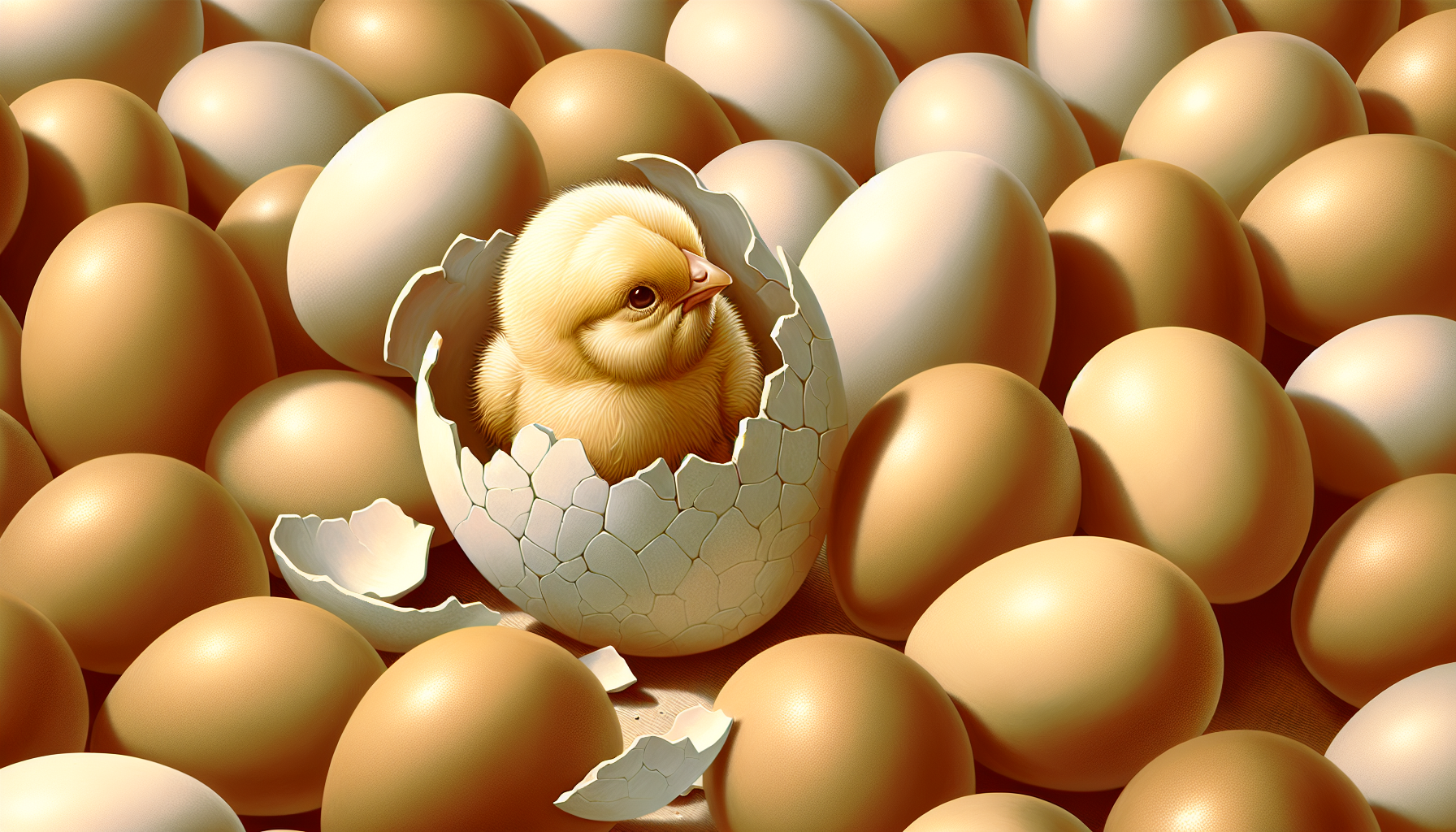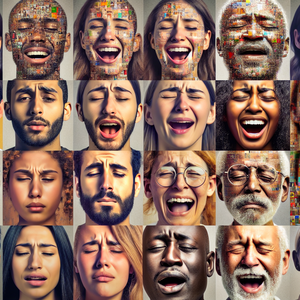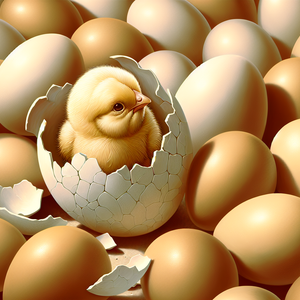The Science of What Makes Us Laugh

When we laugh, our brains engage in a complex interplay of emotions and cognitive processes. Research indicates that laughter activates the brain's reward system, particularly through the release of dopamine, a neurotransmitter associated with pleasure and reward. Neuroimaging studies have revealed that several areas of the brain, including the amygdala—responsible for emotional processing—and the prefrontal cortex—associated with higher-order thinking—are activated when we encounter humor.
Social Aspects of Laughter
Laughter is not just an individual experience; it is deeply rooted in our social nature. Humans are inherently social beings, and laughter fosters connections and strengthens relationships. When we laugh with others, we create a sense of community, and laughter can be contagious—a single chuckle can ripple through a group, creating a shared experience that enhances social bonds.
Cultural Differences in Humor
While laughter is a global phenomenon, the types of humor that elicit laughter can differ vastly across cultures. What is considered funny in one culture may not resonate in another due to varying social norms, values, and traditions. For instance, British humor often relies on irony and dry wit, while American humor frequently embraces slapstick and exaggeration.
The Health Benefits of Laughter
Beyond its social implications, laughter offers numerous health benefits. A plethora of studies has shown that laughter can reduce stress, lower blood pressure, and even boost the immune system. A study published in the American Journal of Lifestyle Medicine found that laughter increases pain tolerance and can provide a natural relief mechanism through the release of endorphins, the body's natural feel-good chemicals.
The science behind what makes us laugh is as rich and complex as the act of laughter itself. From the neurological triggers that light up our brains to the social bonds it fosters and the health benefits it provides, laughter plays a vital role in our lives.
Humor Research Specialist
Universities, research institutions, and think tanks
Core Responsibilities
Conduct studies to analyze the psychological and neurological aspects of laughter and humor.
Collaborate with interdisciplinary teams to explore the effects of humor across different cultures.
Publish findings in academic journals and present research at conferences.
Required Skills
Strong background in psychology, neuroscience, or cultural studies.
Excellent analytical skills and proficiency in research methodologies.
Experience with statistical analysis software (e.g., SPSS, R).
Comedy Writer
Television networks, film studios, and digital media companies
Core Responsibilities
Create original comedic content for television, film, or online platforms.
Develop characters and storylines that resonate with diverse audiences.
Collaborate with directors and producers to refine scripts and ensure comedic timing.
Required Skills
Proven experience in writing comedy, with a portfolio of work.
Strong understanding of various comedic styles and cultural nuances.
Ability to work under tight deadlines and adapt content based on feedback.
Laughter Yoga Instructor
Wellness centers, community organizations, and corporate wellness programs
Core Responsibilities
Lead laughter yoga sessions that combine laughter exercises with yoga breathing techniques.
Educate participants on the health benefits of laughter and mindfulness.
Organize workshops and community events to promote mental wellness.
Required Skills
Certification in laughter yoga or related wellness practices.
Strong communication and interpersonal skills to engage diverse groups.
Experience in health and wellness coaching or therapy is a plus.
Cultural Humor Consultant
Multinational corporations, marketing agencies, and cultural organizations
Core Responsibilities
Advise organizations on cultural nuances in humor for marketing and communication strategies.
Analyze and adapt content to ensure it resonates with specific cultural audiences.
Conduct workshops and training sessions on effective cross-cultural communication.
Required Skills
In-depth knowledge of cultural studies and communication theories.
Strong research and analytical skills to assess humor across cultures.
Experience in marketing or public relations is advantageous.
Health and Wellness Coach (Focus on Humor Therapy)
Health clinics, private practices, and wellness retreats
Core Responsibilities
Develop personalized wellness plans that incorporate humor and laughter therapy.
Facilitate group sessions that promote laughter as a tool for stress relief and emotional well-being.
Monitor and evaluate client progress, adjusting strategies as needed.
Required Skills
Certification in health and wellness coaching or a related field.
Understanding of psychological principles and therapeutic techniques.
Passion for promoting mental health and well-being through innovative methods.


